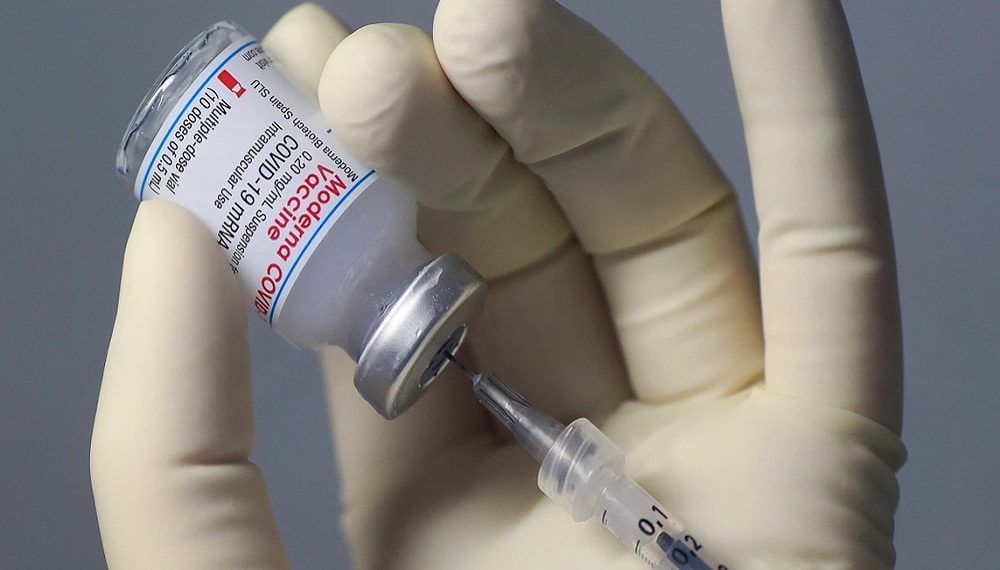Moderna, the US biotech firm, has announced that it has initiated clinical trials of a booster that is especially designed to fight out the COVID-19 omicron variant. As per the announcement made by the company, there will be a total of 600 adults involved in trials. Notably, half of the adults involved in the trials have already received both doses of Moderna vaccines at least six months ago, and the other half have received one booster dose in addition to the already administered two doses. Hence, the booster for Omicron will be regarded as a third as well as a fourth dose.
Significantly, Moderna has also reported analysis on the omicron of the booster that has been authorised already. The analysis showed that six months after the booster was taken, the standard of antibody neutralisation against the omicron variant saw a slip of six times vis-a-vis the peak that was observed 29 days after the inoculation was done. However, the antibodies did remain detectable across all the participants.
The above finding was a result of studying the blood samples of 20 participants who got a 50-microgram booster, which is half the proportion of the first two jabs. Stephane Bancel, Moderna’s Chief Executive, confirmed in a statement that they are reassured of the antibody’s presence in the body and persistence against omicron six months after the authorised booster, which is currently rolling out.
He adds that due to the long-term threat demonstrated by omicron’s ability to escape the immune system, they are pushing up the variant specific vaccine booster and will begin the phase 2 part study. The statement arrives just a day after competitor Pfizer-BioNTech confirmed they had begun the enrolment process for an omicron-specific vaccine candidate clinical trial.
We are all aware that both Pfizer and Moderna vaccines are built on messenger RNA technology, which helps them to be in line with mutations of new variants. Most countries, including the United States, have begun to see a decrease in omicron cases, but worldwide infections of this super-spreader are still on the rise.



















